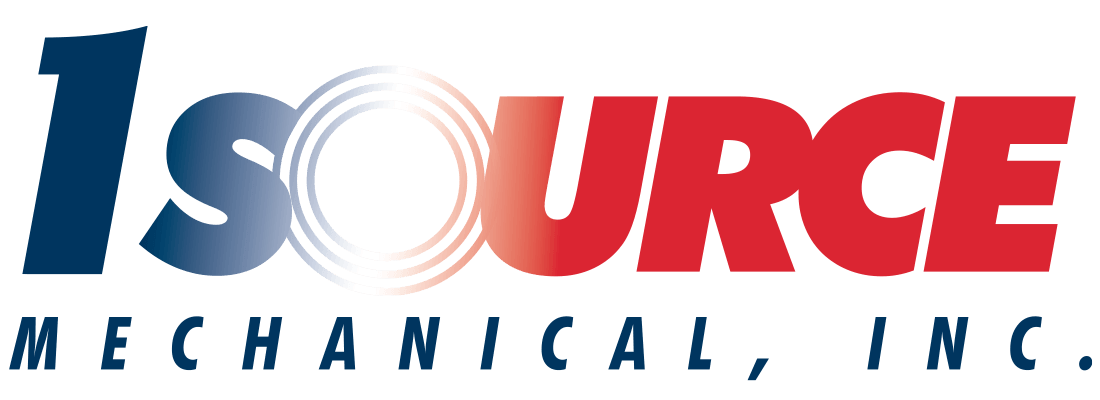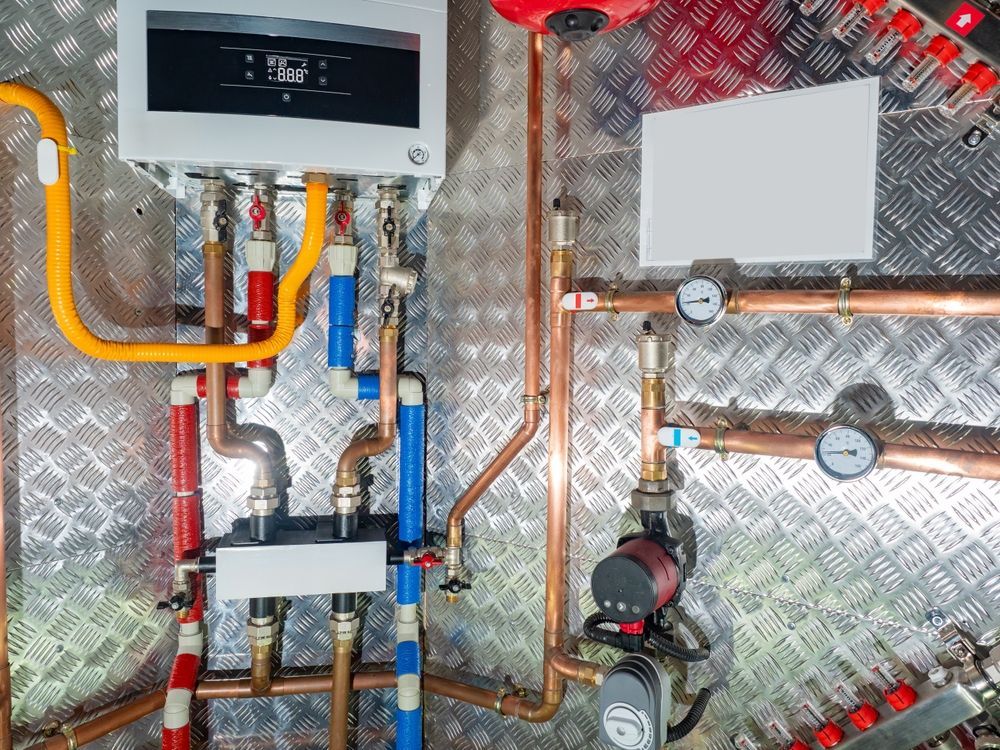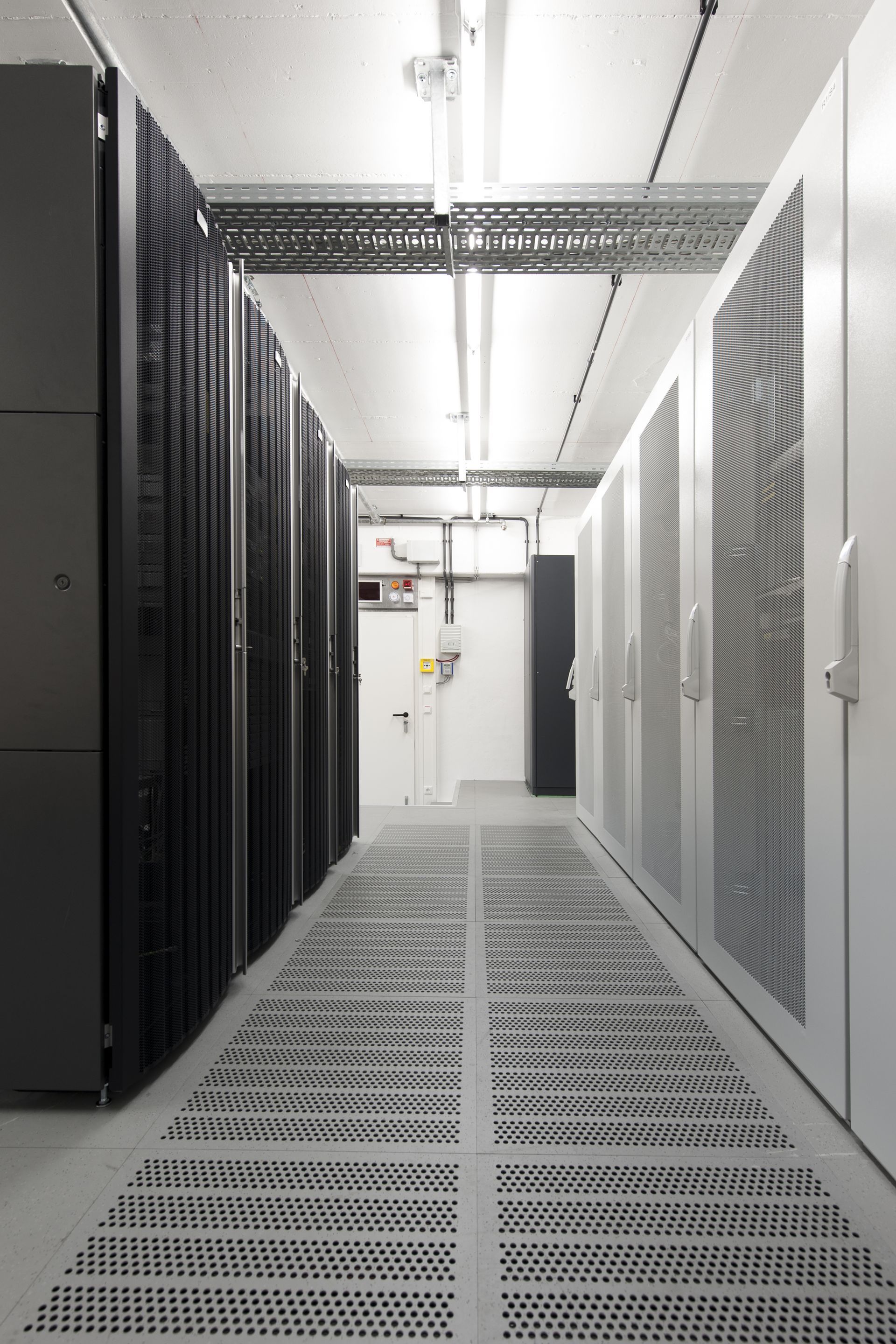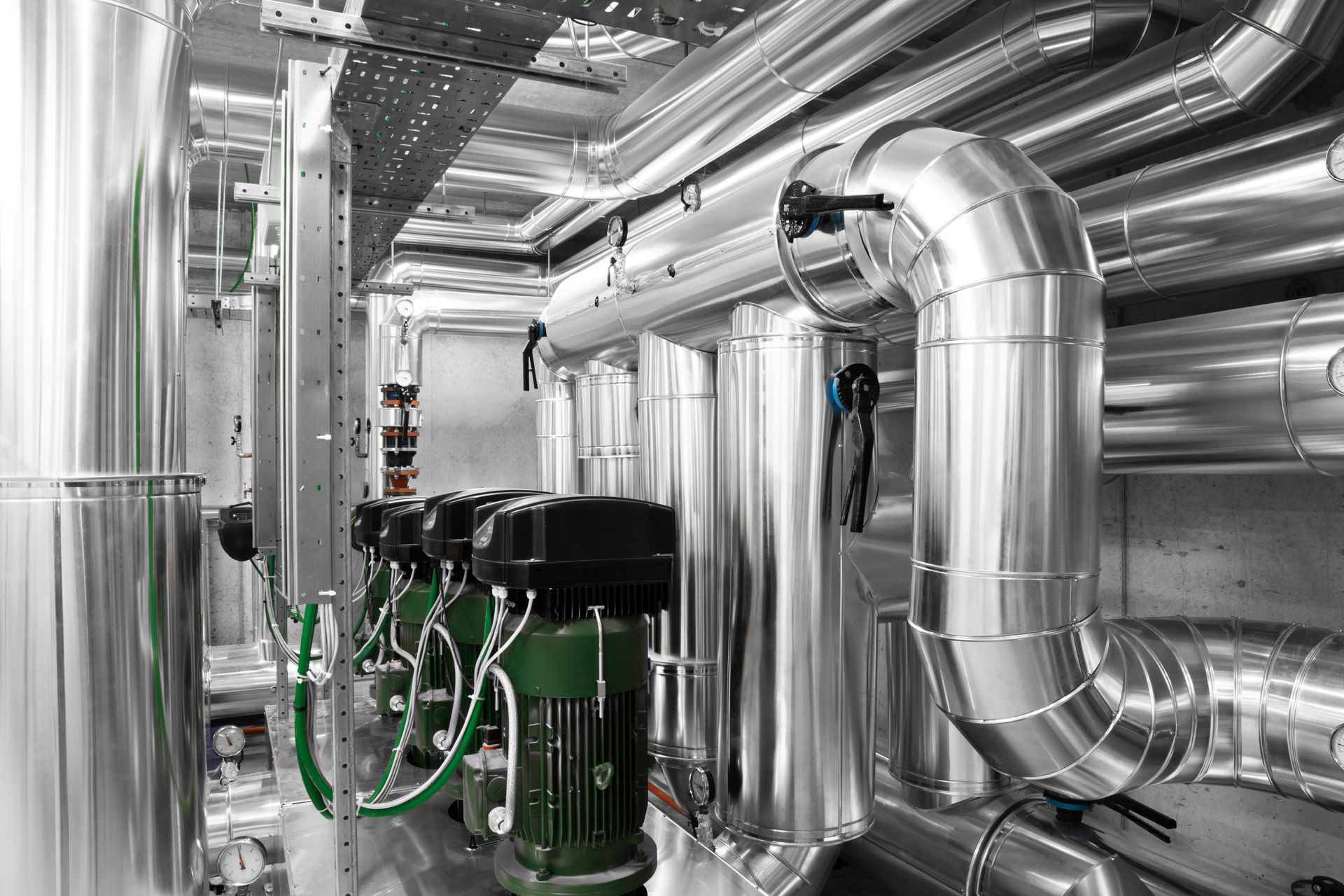Commercial HVAC Maintenance: Should You Repair or Replace?
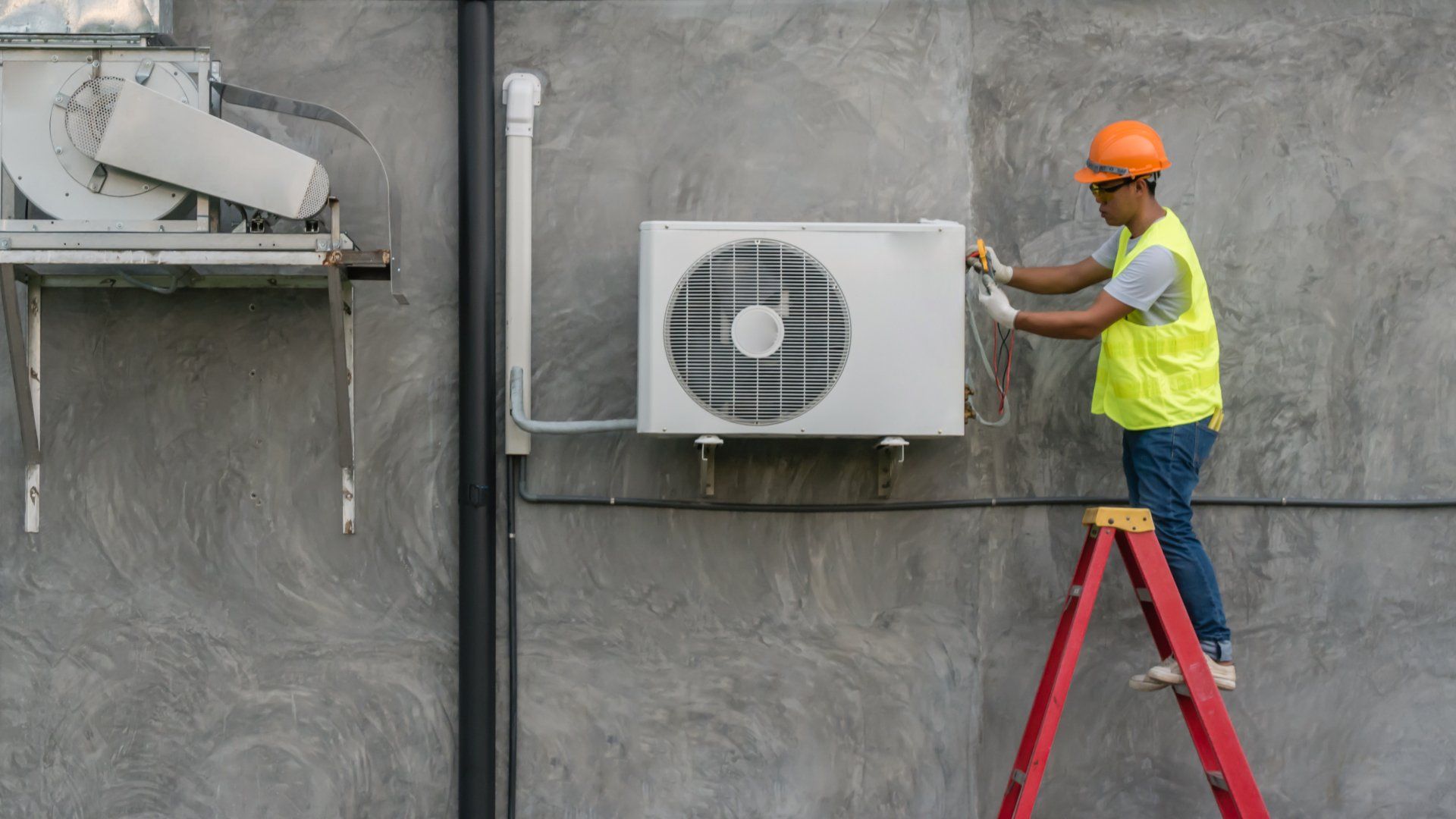
Uh oh. Your building's HVAC system isn't working the way it's supposed to. What now?
It's a common question, especially when temperatures rise and your HVAC system is working hard to keep your building at a comfortable temperature. That additional workload means that, all too often, business owners and facilities managers are left with a tough call: Should I repair or replace my HVAC?
A commercial HVAC system that's malfunctioning, but hasn't experienced a total failure, presents an especially challenging conundrum.
There's no one right answer to this question, as each situation is unique. But investing in a new HVAC system is, well, an investment, so the choice can be difficult to make. Fortunately, there are strategic ways to approach this commercial HVAC maintenance question.
Here's what to consider when deciding whether to repair or replace your HVAC.
HVAC Evaluation
Start by taking a look at your HVAC system's age. Of course, you'll want to account for variables such as consistent maintenance, but HVACs do have a general lifespan.
According to the American Society of Heating, Refrigeration, and Air Conditioning Engineers (ASHRAE) standards database, the average system lasts for about 15 to 20 years with proper maintenance. If your system is nearing the end of this time period — or is older — it may be time to upgrade and replace, rather than repair.
However, each situation is different. Some systems can continue running efficiently for longer, thanks to diligent maintenance. On the flip side, other HVAC systems may reach the end of their lifespan more quickly.
The following factors may account for more than simply age, when weighing a replacement versus a repair:
- Key components' quality level; high quality components may lead to a longer lifespan, while lesser-quality or budget components may shorten a system's working life
- Size of the system in proportion to the space being heated and cooled; an undersized system has to work harder, which can greatly accelerate decline
- Maintenance history; a commercial HVAC system that's been diligently maintained may have a longer lifespan than one that's been poorly maintained
- Usage demands throughout the year and climate zone; systems that work harder at certain times of year may wear out faster, as many units in certain climate zones (for instance, bitterly cold winters and humid, hot summers)
Pricing Differences
Has your commercial HVAC system already undergone several major repairs? If so, it may be time to consider a replacement.
Of course, all systems need regular preventative commercial HVAC maintenance. That's a normal requirement for any system to keep running effectively and efficiently. But an HVAC that requires reactive maintenance — that is, when repairs are needed to simply keep the system running — is a different story.
When an HVAC needs constant repairs just to keep going, you may find yourself in an expensive cycle. And frankly, in most such cases, the costs will only continue to mount.
Repairing an Existing Unit
When deciding on replacing versus repairing, take the following costs into consideration:
- In-house man hours needed to respond to an HVAC issue
- Repair services necessary to get the system back up and running
- Downtime of business while the HVAC is broken
If you find yourself sinking money into reactive repairs, rather than preventative maintenance, it may be time to end the cycle. It may simply be more economical to replace the unit.
Buying a New Unit
There's one more key consideration when deciding whether to replace or repair a commercial HVAC system: energy efficiency. Simply put, most newer HVAC units use less energy more efficiently, which saves on energy costs.
That means that a new HVAC can offset the cost of replacement. Over time, the savings will continue to grow. Consider that technological innovations offer savings in another area, as well, such as repairs. New HVAC tech reduces the maintenance costs that can easily cycle out of control with older units.
When thinking about efficiency, consider Annual Fuel Utilization Efficiency or AFUE. This number is calculated as a percentage, and found by dividing the amount of fuel needed by the amount of heat produced by an HVAC unit. For example, a unit with 70 percent efficiency means 70 percent of fuel energy is used for heating. The other 30 percent of energy is lost.
Older HVAC units tend to be less efficient, which means they consume more fuel to heat or cool a building. This leads to a much larger carbon footprint, as well as higher energy bills.
In contrast, higher efficiency means that when an HVAC uses fuel, a higher percentage of energy is available to heat and cool the building. Replacing an inefficient system with a more efficient system can save money over the long run.
Rely on Commercial HVAC Maintenance From 1 Source Mechanical
At 1 Source Mechanical, we offer professional service that you can trust. Our team specializes in maintenance and repair of heating and air conditioning, refrigeration systems, sheet metal (ventilation), piping, annual backflow testing and installation (including plumbing RPZ and backflow devices), test and balance (including TAB-HVAC components), and HVAC building controls.
1 Source Mechanical offers reliable HVAC repair services, as well as commercial HVAC maintenance agreements. Our goal: an efficient HVAC system you don't have to worry about.
Best of all, we're locally owned and trusted, and we serve all of Chicagoland. Contact 1 Source Mechanical today at 815-517-0501 or simply fill out our
online contact form to learn how we can help you repair, replace, and maintain your commercial HVAC system.
